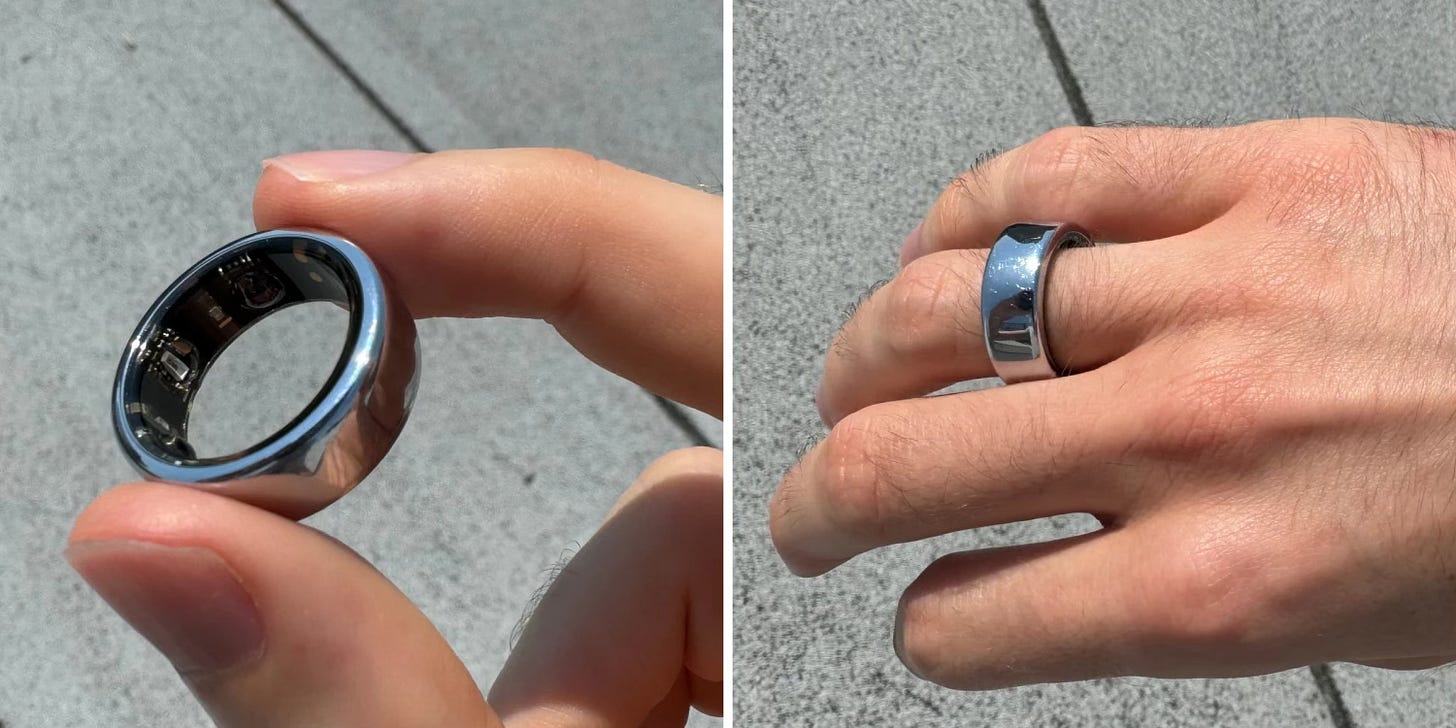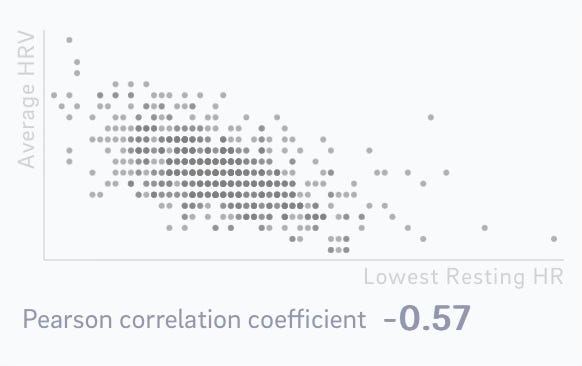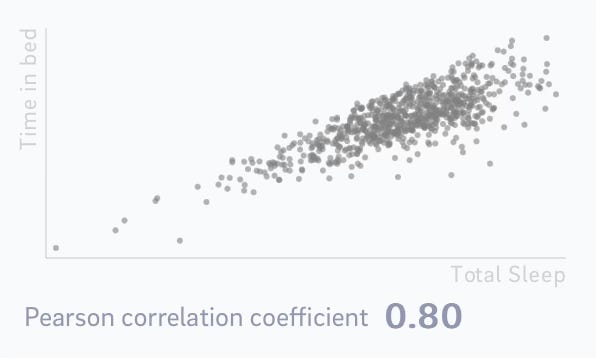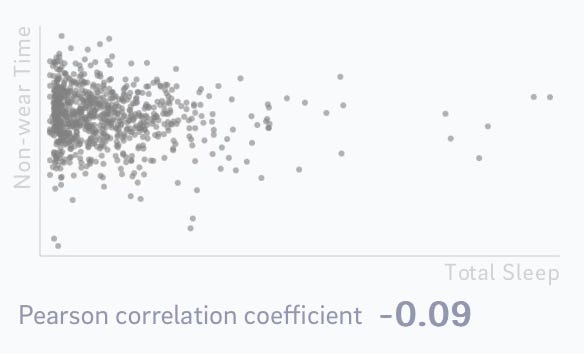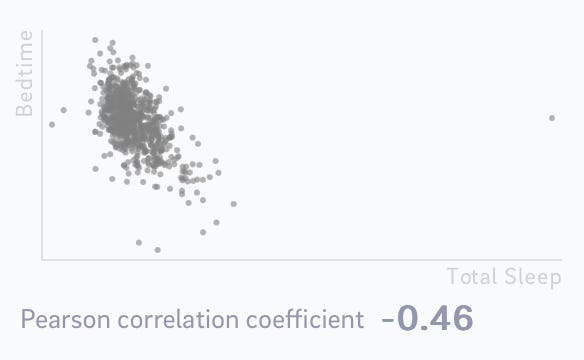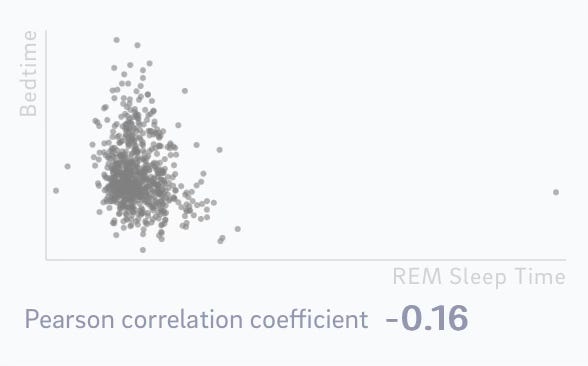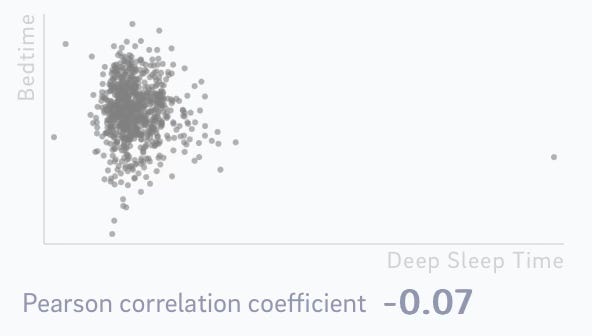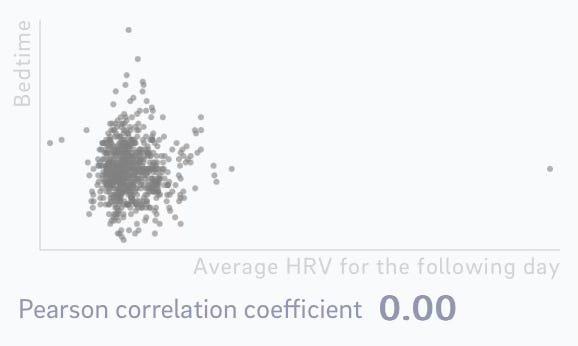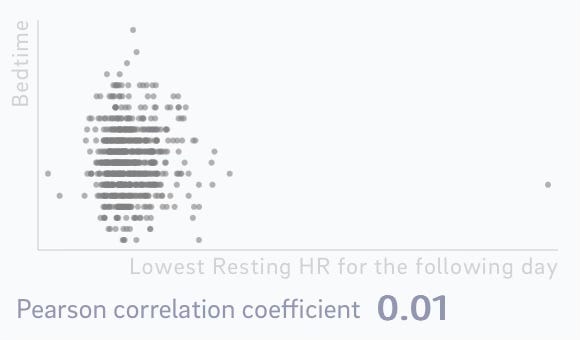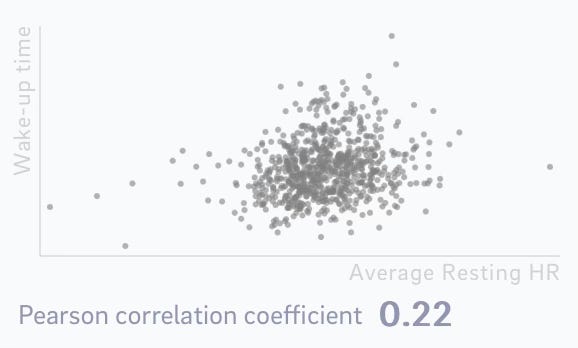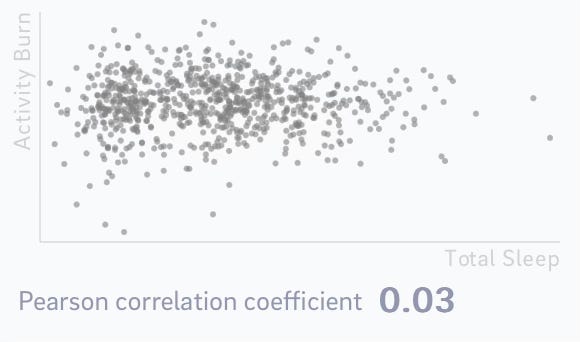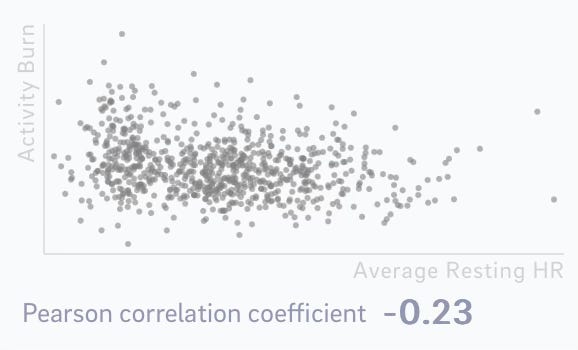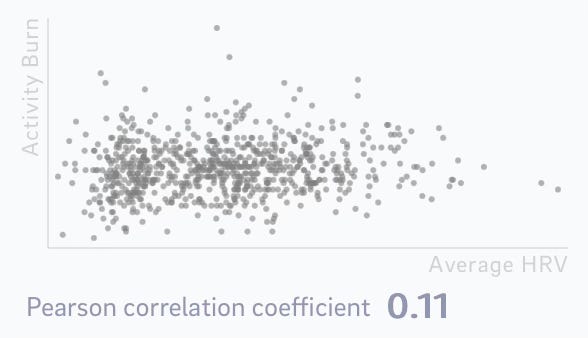Oura Ring Natural Sleep Experiments
Consistent wake-up time is more important than consistent bedtime, exercise doesn't help sleep
I’ve had an Oura ring since about 2022. For those of you who don’t know, this ring is a fitness tracker that measures things like heart rate and sleep and theoretically allows you to make better decisions about your health, such as optimizing bedtime, exercise amount, or consumption of certain foods based on the metrics given by the app. So far, I have been incredibly passive when it comes to taking a serious look at this data: I’ve mainly just worn the ring and tried to do things that I already know are good such as make sure I try and get around 8 hours of sleep, daily exercise, and keeping a consistent bedtime.
However, inspired by No Magic Pill, I’ve decided it’s time to actually take a look at the data I have and see if it can inform me about any of my habits that I need to change, or variables that I don’t need to worry about. I’ll be investigating this using the Oura Ring web app, which does statistical correlations between the various different variables the ring collects. You can theoretically add other binary variables as well in the form of tags (yes/no Caffeine, yes/no late screen time), but I haven’t used the tags enough for them to be meaningful.
I have nearly daily data collected from December 2022 to March 2025, 2.25 years of data points, which should be plenty to make statistical inferences. For reference, many of the experiments in the rationalist community, such as those conducted by Gwern, only run for thirty days. I’m going to be entirely using the correlation tool provided by Oura on the web for this article, but in follow-up experiments I may do my own statistical analysis. I’m going to first test control hypotheses that I know should by correct, such as the fact that heart rate variability is negatively correlated with resting heart rate. Then I’m going to investigate the effects of various variables on sleep quality, as defined by total sleep time, sleep efficiency, deep and REM sleep amounts. Let’s get started
Control Experiments
The first control comparison I want to make is between Resting Heart Rate (RHR) and Heart Rate Variability (HRV). Resting heart rate is merely the lowest one’s heart rate gets during the day. This is a general marker of metabolic health and the strength of one’s heart, and tends to go down as one gets in better shape. HRV is the variation of time between each heart beat. A low HRV usually indicates persistent stress and is a sign of an overactive sympathetic nervous system and is indicative of poor fitness. Both metrics are influenced by fitness: RHR goes down with increased fitness, while HRV goes up, thus the two factors should be negatively correlated, which is indeed what we see.
Although the correlation is not that strong (-0.57 is only a moderate negative correlation), it is still there. The reasons for a less than perfect correlation are multiple: HRV is often a faster responder to detraining or illness than RHR, meaning the correlation is offset in time, and HRV is much more sensitive to daily levels of stress than RHR is.
The next control experiment is comparing total time in bed to total sleep. These should be obviously positively correlated, and indeed this is what we see.
The correlation coefficient is much stronger, but again is not equal to one because sometimes when I have difficulty sleeping I spend a lot of time in bed awake.
Finally, as a negative control I compared non-wear time (the amount of time I was not wearing the watch) to total sleep time. There is no correlation, as expected.
Importance of Bedtime and Wake-up time
The first variable I want to test is the effect of bedtime on various markers of sleep quality. It’s been hypothesized that a consistent bedtime is important for high-quality sleep, and for health in general. If this is true, we should see a negative correlation between bedtime and total sleep, REM sleep, deep sleep, and HRV (for the next day, as a measure of recovery). We should also see a positive correlation between bedtime and resting heart rate (for the next day, as a measure of recovery).
My average bedtime is 10:03 PM with variability between around 9pm and 11pm. I have extreme rare events between about 8pm and 2am.
There is a moderate negative correlation between bedtime and total sleep time and REM sleep time, but no effect on deep sleep, or any of the recovery indices.
This suggests that while bedtime is important for various markers of sleep quality, it doesn’t actually seem to influence recovery that much. This effect could be due to the fact that most of my data is clustered around 9-10 pm, and thus doesn’t have enough variability to capture the effect sizes that I care about, which also suggests that strict bedtimes might be a waste of time, as long as I get to bed in the two hours surrounding 10 pm. However, there is a moderate correlation with total sleep, and a weak association with REM sleep, suggesting maybe HRV and RHR aren’t the recovery metrics I want to be looking at.
When I look at wake-up time however, the picture is both more promising and more confusing. I have an average wake-up time of 6:39 AM, with a variability of about an hour each week, although the variation is much greater than with bedtime (perhaps why the data looks better).
There are positive, but weak correlations with total sleep, and REM time, suggesting sleeping in can help get more sleep and with memory formation (r=0.23,0.12). However there’s a negative correlation with sleep efficiency (r=-0.23), and surprisingly an inverse relationship between wake up time and HRV (r=-0.15) and a positive one with RHR (r=0.22).
This could because things that cause me to want to sleep in, like drinking the night before, are also bad for my resting heart rate, but this should be easy enough to test by separating out days that I know I have been drinking from the data (based on credit card receipts). Even with this data removed I suspect that earlier wake-up times are still better: I subjectively do not feel good when I sleep in for too long.
Conclusions: Bedtime definitely influences sleep quantity and REM sleep, perhaps suggesting an important role for memory formation. However, it doesn’t seem to impact deep sleep or recovery metrics, so I probably shouldn’t worry about exact bedtime as long as I get to sleep before 11 pm. Wake-up time seems much more subjectively important for recovery, perhaps due to morning sun exposure. I need to make sure I get up more consistently.
Follow-up ideas: One big thing I could do is normalize the wake-up and bed times to sunrise/sunset. This is likely to be more physiological than simply time. I also need to correlate total and REM sleep with other variables to determine their importance. One idea is looking at Anki pass/fail rates for the following day. This could be a strategy to test the effects of sleep on memory formation. Other possibilities include giving myself a subjective mood rating when I wake (to test emotional regulation), rating attention and focus throughout the day, or correlating sleep with W/HR on the bike in Z2.
Activity Levels
The next variable I want to test is the effect of exercise on sleep. Subjectively, I notice that I sleep much better when I have exercised that day. Let’s see if the data backs up this hypothesis.
Of the bat it seems that there’s no relationship between activity levels and total sleep.
When I look at the other sleep variables, such as deep sleep time, REM sleep time, and sleep efficiency this seems to be true as well.
Okay, well what if it’s not activity levels that are important, but specifically “high” activity levels (i.e. something that you would find on Strava rather than just walking around lab). Again, zero correlation. The same is true if I try total steps, or total calories burned.
But what about HRV or RHR? We know those should correlate roughly with activity levels, and indeed we see weak correlations for both with activity levels.
Conclusions: Exercise amount per-see doesn’t seem to be a useful indicator of sleep quality, but does increase overall fitness as shown by HRV and RHR. I could probably get more signal from this noise by using my Strava/Suunto data to look at exercise time and intensity, to see if this correlates better.
Follow-up experiments: I would like to do my own analysis of exercise based on strava data, as Oura doesn’t include exercise timing, and misses some activities consistently, like swimming, where I don’t wear my ring.
Follow-up Steps
Oura provides me with a nice baseline to track metrics like sleep and heart rate data. However, it is up to me to do my own tracking of other variables, such as alcohol consumption, supplement use, and interventions such as blue blockers, magnesium, meditation, etc. In order to get more out of this data, I need to start tracking some of these things, at least for a few months, to test if any of these interventions are doing anything for my sleep quality, fitness, and/or recovery indices. There’s also a bit more I can do with data I already have. Below are three tests I want to perform over the next few months, in order of priority.
Correct bedtime and wake-up time for sunrise/sunset times and rerun analyses. Hypothesis: this will strengthen the correlations I already see in this analysis to be more significant.
Determine the effects of total, REM, and deep sleep on external factors like productivity, mood, memory and exercise performance. First step: correlate Anki mature retention with REM and total sleep (expect positive correlation).
Start a randomized control trial where I stop using screens electronics either at 7,8 or 9 pm (roll dice to decide). I will begin this tonight and run the study for 30-days (with extensions to 60 or 90 days as needed). This should give me a distribution of electronics-free times that I can correlate to various sleep quality metrics.
I blog about language learning, biology, the science and art of learning, and many other things. If you feel inclined, please subscribe or consider buying me a coffee.
Josh




